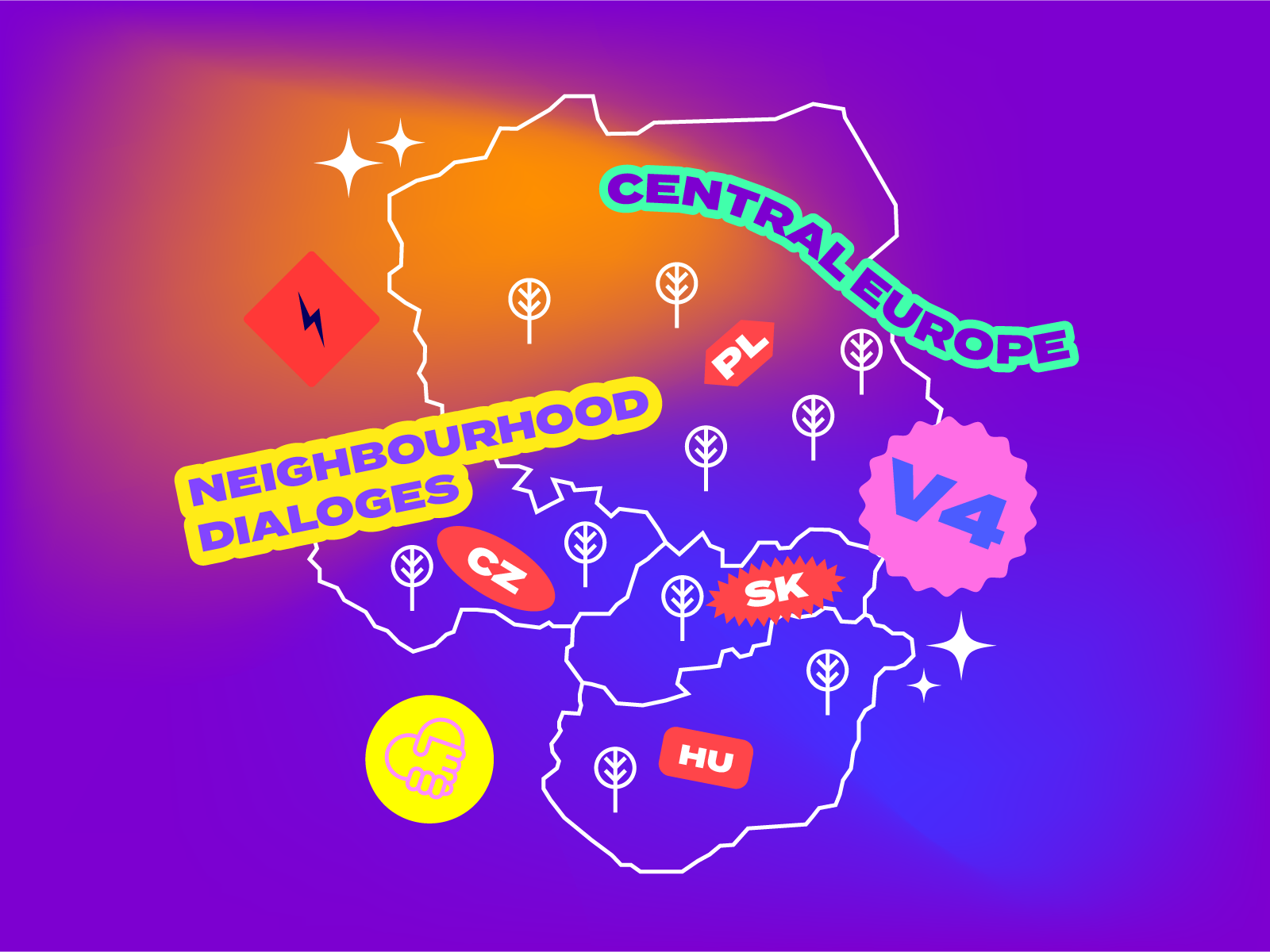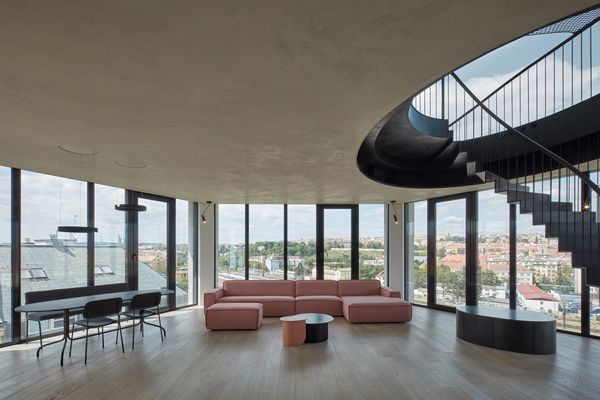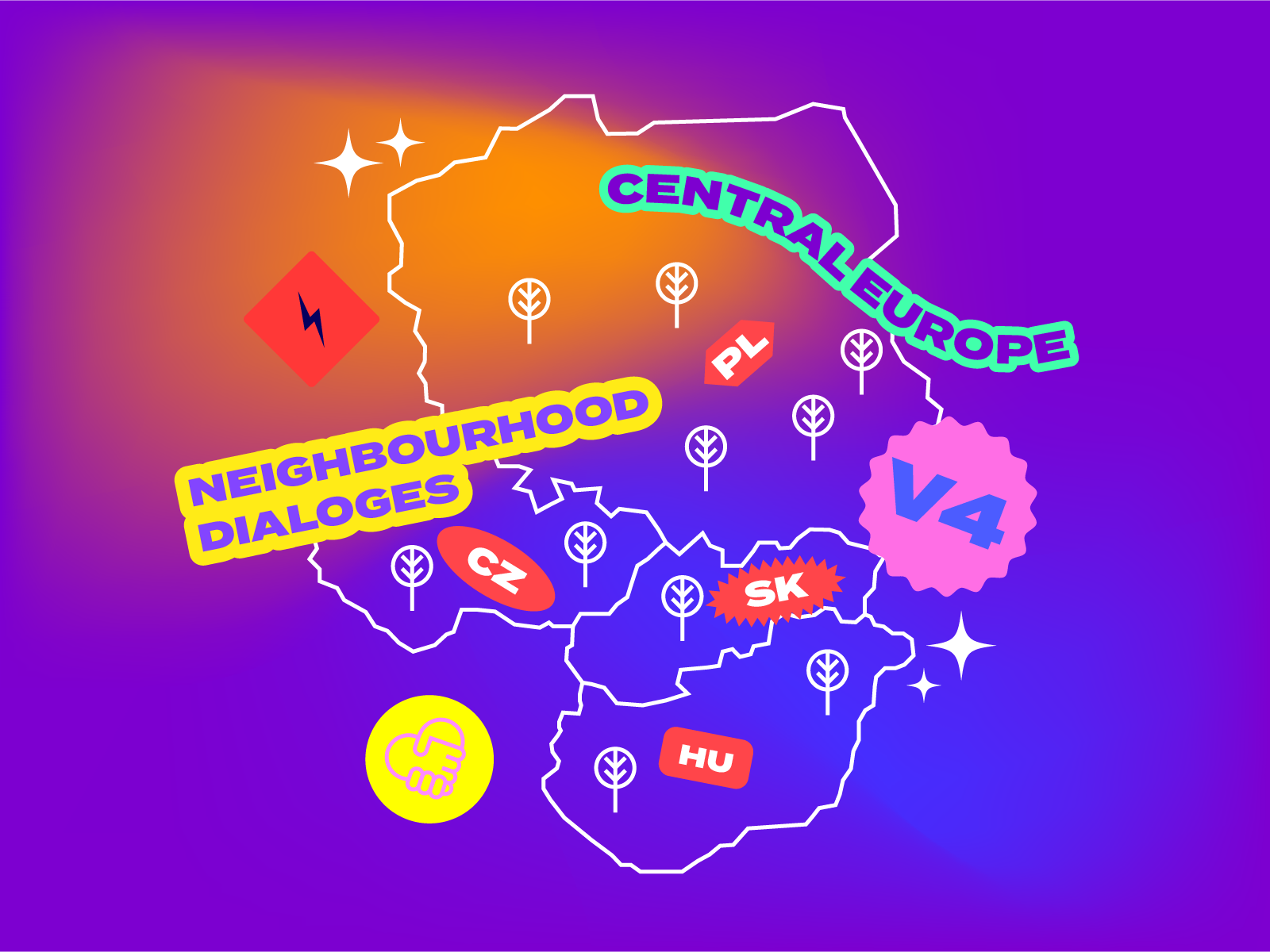Central Europe is an ambiguous concept, and future challenges might further strengthen the cooperation of the Visegrád Group members, despite the current conflicts. Czech, Slovak, and American experts debated on the Visegrád Group and Central and Eastern Europe. Conference coverage from Hype & Hyper.
The first question is if Central Europe and Visegrád Four are synonyms, or is the former a much broader concept? According to Oľga Gyárfášova, Professor at Comenius University in Bratislava, and coordinator of European Election Studies in Slovakia, Central Europe means a much bigger area than the Visegrád Group members’ territory. She argues that Austria and Slovenia also have a Central European essence. To be Central European is a kind of identity since we do not want to be peripheral; it is much better to be in the center of something, explained Gyárfášova. She added that Europe has many centers, but our Central European concept is unique. According to her, V4 is a non-institutionalized and not fully unified regional cooperation. But she believes it is not necessarily bad since we can respond to challenges much better in diversity than in complete unity.
According to Matyáš Zrno, Czech journalist and editor of CNN News, this question is constantly debated in Czech society, particularly historiography, as Central Europe is a much broader concept than the V4. If you travel by train from Slovenia to Western Ukraine, all stations are quite similar because all that land was part of the Austro-Hungarian Empire; at that time, Austria-Hungary was Central Europe, said the Czech journalist. He believes that in Central Europe, we can still feel the power of the past empire. V4 means more complex cooperation than this concept of Central Europe, Zrno concluded.
Stephen Travis Sholl, an American researcher, said that people have no clue what V4 is in the US. He explained that Central Europe is interpreted as a geopolitical concept in Washington, more or less equivalent to NATO’s eastern flank. So, Central Europe is a broad concept in US strategic thinking.

Narrowing down the focus to the Visegrád Group, Gyárfášova pointed out that now all four countries are independent nation-states with their own narratives and cultures, but there are still struggles around the interpretation of the shared history, for instance, in Czech-Slovak or Hungarian-Slovak relations, especially concerning minorities. At the same time, there are common interests and values that drive the Visegrád cooperation forward, the Slovak expert said, noting that the region has no unified history, but many historical narratives prevail simultaneously with multiple perspectives, which can sometimes cause conflicts.
Matyáš Zrno argued that the V4 narrative is primarily driven by Polish-Hungarian friendship, but the four countries undoubtedly have common interests and values. According to him, the countries followed an idealistic approach in 1991, when the Visegrád Group was established. The journalist explained that idealist and anti-communist leaders governed the four countries at that time, but economic interests soon overthrew idealism. Why would the Czech Republic cooperate with the more underdeveloped countries of Central Europe when it can turn to the West? – asked Zrno and claimed that the renaissance of V4 began in 2015 when the threat caused by the European migrant crisis brought the four countries on the same page again. The governments of the Visegrád Group members had reached a full consensus on rejecting illegal migration, which, according to the journalist, has given the alliance strength. But, he continued, the alliance was shattered in 2022 as the Russo-Ukrainian war has shown that the Czechs and Poles have a very different view on the conflict than the Hungarians. It is very important that the alliance have only narrow, limited objectives since if a group has too big goals, people can easily get disappointed, concluded Zrno. As a last thought, he added that we have to live with the fact that the four nations are very different in many ways.
From an American perspective, Stephen Travis Sholl considers that the experience of communism is one of the main factors that holds the four countries together since their suffering under Soviet influence is their shared history. He continued his historical reasoning and argued that if we go further back in history, Central Europe has the legacy of the Austro-Hungarian Dual Monarchy.
Regarding the future of the alliance, Oľga Gyárfášova said that the Visegrád Group could only work in the long term if there are common challenges and shared goals. She emphasized that Czechs, Hungarians, Poles, and Slovaks have more positive attitudes toward NATO or the EU because they represent a greater unity, while in the Visegrád Group, there are sometimes conflicts. Gyárfášova added that Czechs and Poles are much more Atlanticists than Slovaks or Hungarians, but she pointed out that foreign policy is not shaped by public opinion in most cases.
Czechia will hold the presidency of the Council of the European Union from the 1st of July. Matyáš Zrno believes that the general political direction will not change, but the tone will be slightly more conservative. The current Czech government is quiet but conservative, which gives consistency, strength, and the opportunity to focus on strengthening the alliance of Central European states – the journalist summed up the Czech perspective. According to Zrno, further cooperation within the Visegrád Group can be expected, which will open new areas of integration, such as supporting the EU enlargement to the Western Balkans despite the relatively pro-Russian Serbian government.
Oľga Gyárfášova ended the discussion and pointed out that a significant question is what the situation in Ukraine will be like after the war, as the reconstruction of the country is an enormous opportunity also for the Central European states. She added that energy transition and the fight against climate change could give a new boost to the Visegrád countries’ economies, and therefore, it might strengthen the alliance again.
The discussion took place at the Mathias Corvinus Collegium in Budapest, within the framework of the Neighbourhood Dialogues conference on the present and future of the Visegrád Group.

The secret of Da Crema’s ice cream | Miklós Terei’s video won international recognition











